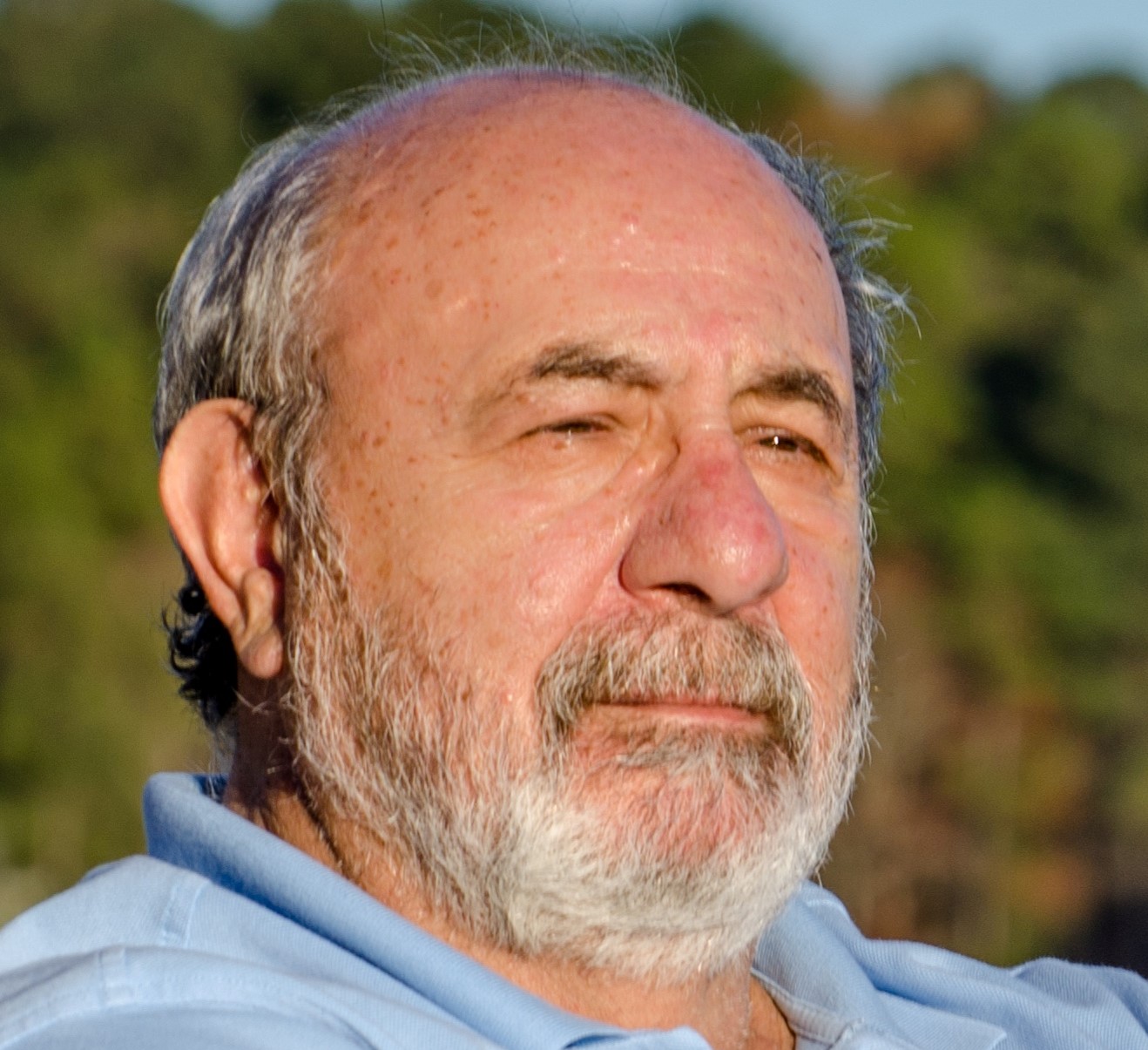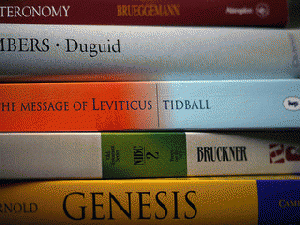Resolutions 2011 by Brett Jordan
From the Dalai lama, "The purpose of religion is to control yourself, not to criticize others. How much am I doing about my anger, attachment, hatred, pride and jealousy? These are the things which we must check in our daily lives."
Let's see, how can we fracture that advice this week? Oh, Oh, I know, let's criticize and condemn Jason Collins for being the first openly gay NBA Player. Hey, while we're at it, let's condemn all homosexuals and quote a selected verse from Leviticus to justify our condemnation. Let's ignore all the other verses in Leviticus that condemn much of what we all do as abominations.
Oh you say, you're not a Buddhist and don't care what the Dalai Lama says? Okay, let's check what else the Bible says. "Judge not," "Love your neighbor." You know, all the stuff about taking your own inventory and not everyone else's.
I'm sure I could go on finding holy text from many different human religions to condemn or redeem Mr. Collins. That's not my point.
Agnosticism is my point. As a militant agnostic, I admit I don't know and I don't think you do either. But because I freely admit I don't know, I am able to accept or reject judgments, assessments and condemnation based on someone else's "truth" without need to defend my belief system. In this case, a religious belief system.
I see religions as organized propositions that explain how we got here, how we should act and what's going to happen to us after we leave. Much of the time, they make good people. Some of the time, not so much.
You see, if I'm absolutely convinced my truth is backed up by God, the most powerful entity in (or out) of the universe, how could I not judge others?
So how can I be so accepting? Well I'm not always. At times, I get very judgmental when someone does something that violates my values. So I need to remind myself the universe didn't appoint me to judge anyone or anything. Even knowing this, I struggle, slip and fall.
It's the human condition. We are all assessment machines. If assessment wasn't conserved in the human genome, we probably wouldn't have survived the savanna when we came down from the trees.
But we also have a neocortex that gives us the capacity to make decisions even in the face of our initial responses. It's a kind of override mechanism that allows us to reconsider our primitive impulse to judge and assess others.
Please don't misunderstand me. There are instances when events happen that are an affront to all humankind. Murders, rapes, wars, etc. And I would argue that our built-in human morality is a wonderful sensor that tells us right from wrong. In those cases, we don't need a religious proposition to tell us something is amiss. We know it in our bodies. And we don't need to defend our judgment with quotes from our preferred holy text.
What I'm saying is this whole damned thing is ass backwards. Our holy texts and religious beliefs didn't give us human morality. It's the reverse. They are records of human morality that started with unanswered questions and then evolved to speculations and finally organized propositions that turned into human religions. The human religions we now use to justify some of the most inhumane actions.
And that inhumanity comes from ignoring the advice above, "The purpose of religion is to control yourself, not to criticize others."
This is not new news to many of us. But it's a shocking revelation to too many others. In summary, if you find yourself judging a sincere believer-in-religious-propositions, try to be kinder to him than he is being to Jason Collins. After all, it's the Christian thing to do.
(Note: You can view every article as one long page if you sign up as an Advocate Member, or higher).






